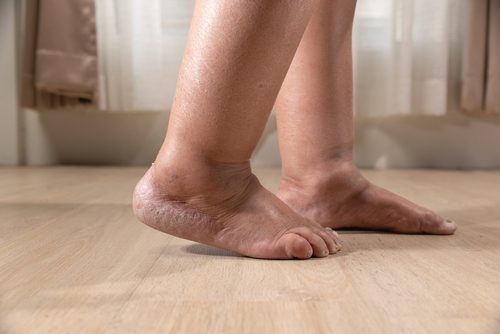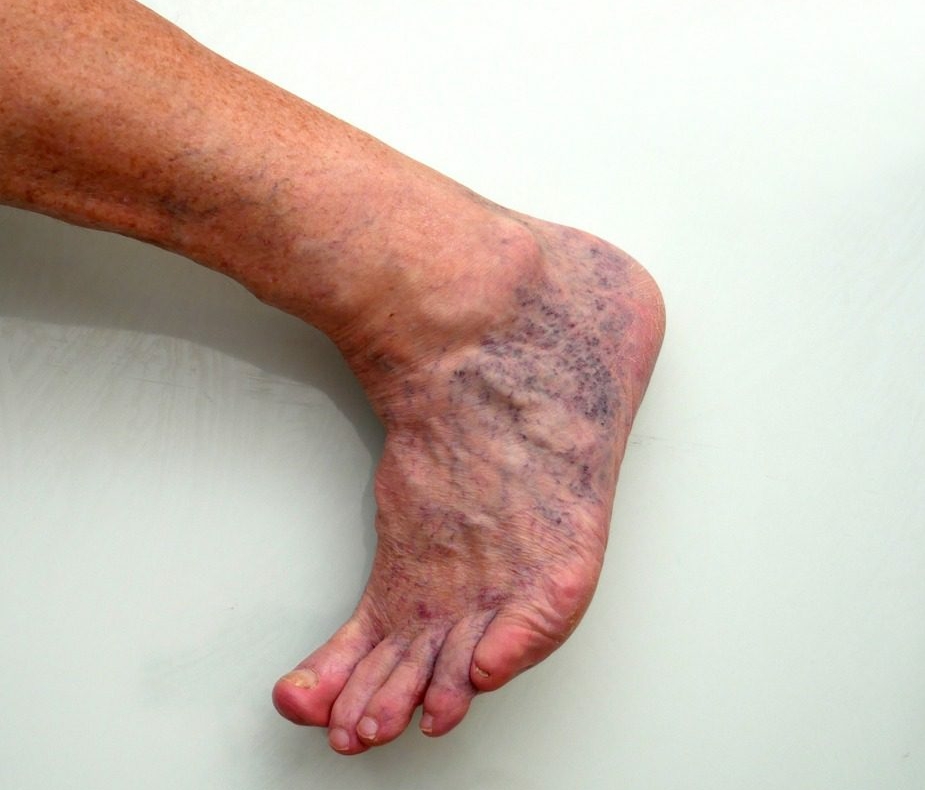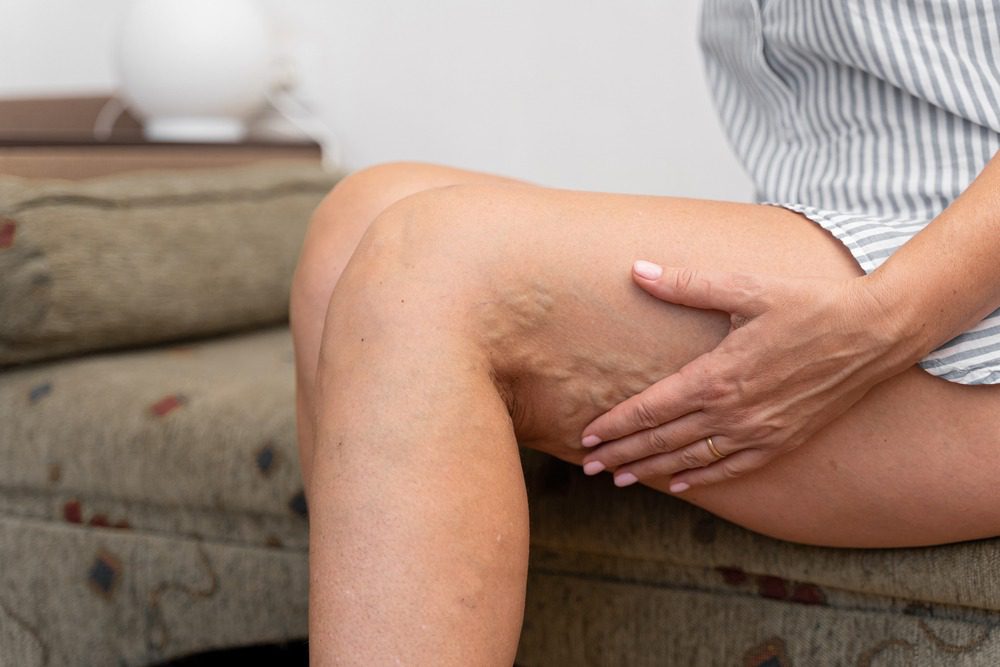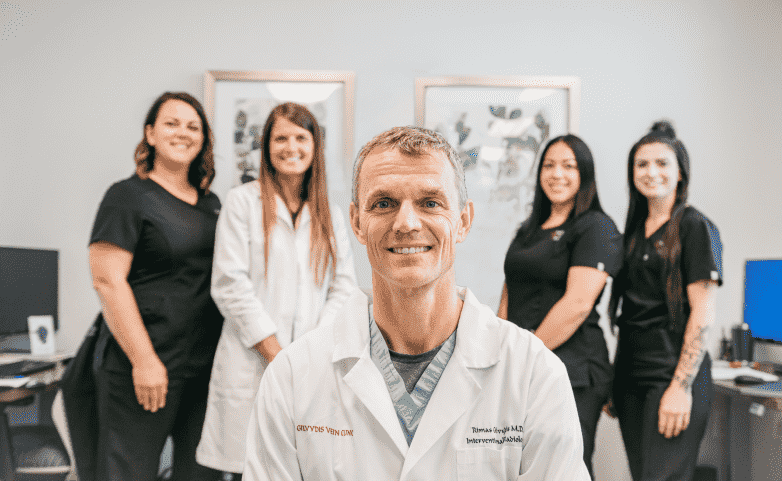As blood pools in your legs, your skin color may start changing to a reddish-brown discoloration. Similarly, your skin can flake, itch, or look and feel leathery. Ulcers may also start to develop, which crop up as painful open sores around your ankles.
Deep vein thrombosis is a serious complication of blood pooling. DVT occurs when a blood clot forms deep within your veins. If DVT remains undetected, the clot can throw and lodge itself in your lungs. This issue is called a pulmonary embolism and can be life-threatening.
A pulmonary embolism is a blood clot that clogs an artery in your lungs. This dangerous issue can cause shortness of breath, lightheadedness, excessive sweating, and has the potential to be fatal. If you have varicose veins, it’s important that you get your veins checked. Book a free screening or jump straight to a consultation with the Gilvydis team.
The best way to prevent blood pooling is to implement good, healthy lifestyle changes. If you’re already suffering from leg pain issues, combine a healthy lifestyle with compression therapy.
Tight socks, like compression stockings, can help reduce swelling and discomfort in your legs. The level of compression you need depends on the condition of your legs—some people may need higher compression than others.
A healthy, balanced diet paired with regular exercise will do wonders for your veins. Ensure that you are elevating your legs above heart level to reduce pressure. At Gilvydis Vein Clinic, we’ll create a personalized care plan to get you on the path to healthier veins.
Gilvydis Vein Clinic offers non-surgical outpatient treatments to treat your unhealthy veins. Make blood pooling a thing of the past with non-invasive procedures like sclerotherapy and endovenous laser ablation. Both treatments close off unhealthy veins and redirect your blood back to veins that are working properly.





